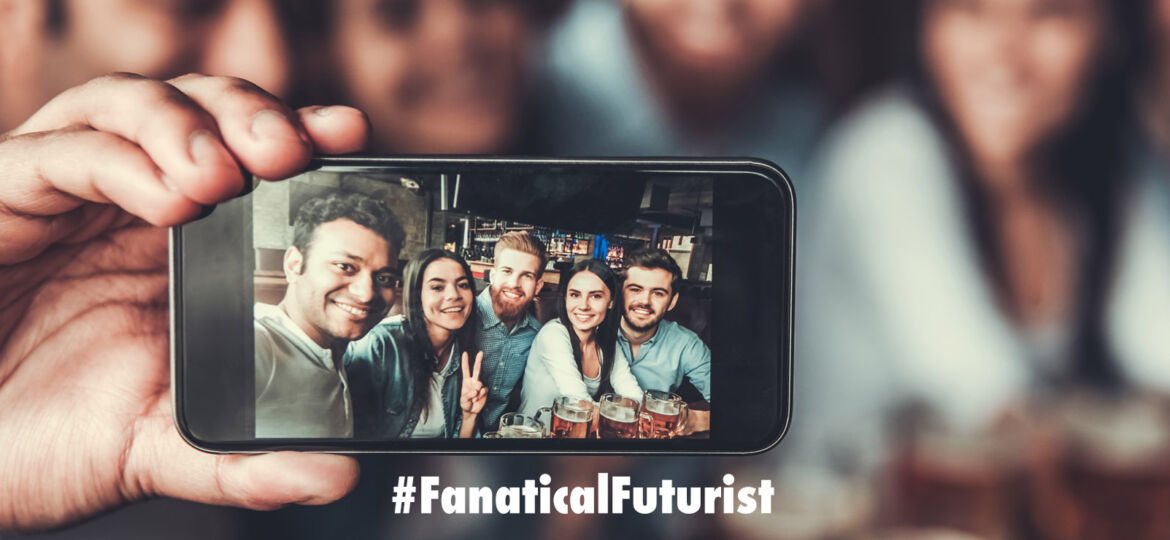
WHY THIS MATTERS IN BRIEF
Today lots of things are based on companies ability to assess your circumstances and personality, and now they have a new tool to play with.
 Interested in the Exponential Future? Connect, download a free E-Book, watch a keynote, or browse my blog.
Interested in the Exponential Future? Connect, download a free E-Book, watch a keynote, or browse my blog.
Being able to judge a persons personality from just a single photograph or image might sound incredible, as well as incredulous. Recently though I talked about two teams of researchers, one from Israel and the other from China, that claimed they could judge a person’s character from a single image as well as their intent to criminality all with a greater than 80 percent accuracy.
Now though, after an experiment involving over 12,000 volunteers, and following in those teams footsteps Russian researchers from HSE University and Open University for the Humanities and Economics have demonstrated that Artificial Intelligence (AI) is able to consistently and accurately infer people’s personality from nothing more than a selfie much better than human raters do, and conscientiousness, of all the five traits the system assessed which included conscientiousness, neuroticism, extraversion, agreeableness and openness, was apparently the most easily recognizable trait. Personality predictions based on female faces also appeared to be more reliable than those for male faces and the researchers believe that the new technology can be used in hiring “to find the best matches in customer service, dating or online tutoring.”
The article, “Assessing the Big Five personality traits using real-life static facial images,” was published last week in Scientific Reports.
In the past physiognomists from Ancient Greece to Cesare Lombroso have tried to link facial appearance to personality, but the majority of their ideas failed to withstand the scrutiny of modern science. The few established associations of specific facial features with personality traits, such as facial width-to-height ratio, are quite weak. Studies asking human raters to make personality judgments based on photographs have produced inconsistent results, suggesting that our judgments are too unreliable to be of any practical importance.
Nevertheless, there are strong theoretical and evolutionary arguments to suggest that some information about personality characteristics, particularly, those essential for social communication, might be conveyed by the human face. After all, face and behaviour are both shaped by genes and hormones, and social experiences resulting from one’s appearance may affect one’s personality development. However, recent evidence from neuroscience suggests that instead of looking at specific facial features, the human brain processes images of faces in a holistic manner.
As a next step the researchers have teamed up with a Russian-British business start-up called BestFitMe to train the model further so it can make even more reliable personality judgments.
The study was done in a sample of 12,000 volunteers who completed a self-report questionnaire measuring personality traits based on the “Big Five” model and uploaded over 30,000 selfies. The respondents were then randomly split into a training and a test group. A series of neural networks were used to pre-process the images to ensure consistent quality and characteristics, and exclude faces with emotional expressions, as well as pictures of celebrities and cats. Next, an image classification neural network was trained to decompose each image into 128 invariant features, followed by a multi-layer perceptron that used image invariants to predict personality traits.
And as for use cases, well they’re countless as are the questions about personal privacy – the latter of which will no doubt be swept under the carpet.
















